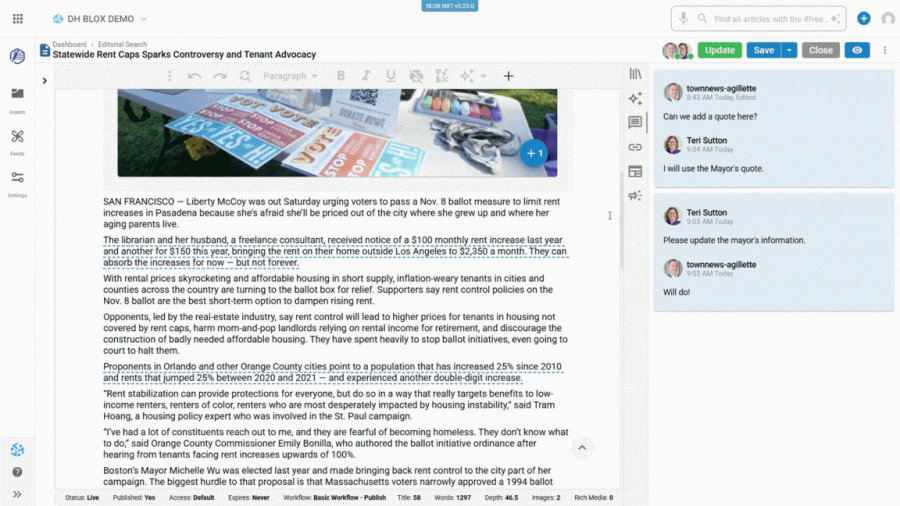Put a stop to workplace silos
John Foust
Jan 1, 2024


Jim, who used to work with a local volunteer fire department, told me about the technique they used to keep everyone on the right roads to arrive at fire sites. “It was in the days before GPS,” he said. “We were in an area with a lot of rural roads — and since we were driving to the fire from different directions — we couldn’t afford for someone to miss a turn. Lives were in the balance, and time was crucial.”
He explained that the lead vehicle — the firetruck — had bags of lime on the front seat. Lime is the powder that is used to mark baselines on baseball fields. Rain washes it away eventually, so there is no long-lasting image. Every time the truck made a turn, someone threw a bag of lime onto the pavement (or the gravel) at the intersection. The bag burst open and made a large, unmistakable mark on the road. The lime left an easy path to follow for the entire firefighting team.
“The system got us to fires as quickly as possible,” Jim said. “Night or day, there were clear signs at each turn. Without the lime, there’s no telling how many houses and barns — and most important, lives — would have been lost. One way to say it is that we were all on the same page.”
In business as well as in life-saving situations, it’s imperative to be informed. Like Francis Bacon so succinctly wrote: “Knowledge is power.”
I recently talked with Abby, who said her entire media company is siloed. “That has filtered down to our ad department. No one knows much about what anyone else is doing. “It’s frustrating,” she said, “We could provide a lot of help to each other, but management has the philosophy that we should think about our own accounts and nothing else. When a new advertiser comes on board, sometimes we don’t know about it until their ads start running.”
Abby has a simple suggestion that might be of help: “Talk and listen. Every now and then, some managers like to organize team-building activities, but honestly, I think structured team exercises are a waste of time. The biggest thing that will build teamwork is to know what’s going on around us. Our work is impacted by the people in our department, along with the work they are doing. Real teams work in an informed and supportive environment.”
Abby’s story represents an extreme example, but I’ll bet there are companies in your hometown that have silos. It’s difficult to work for a company like that, and it’s difficult to work with a client like that.
Patrick Lencioni, in his excellent book, “Silos, Politics and Turf Wars,” writes: “Silos — and the turf wars they enable — devastate organizations. They waste resources, kill productivity and jeopardize the achievement of goals.”
Are there silos in your ad department? If so, maybe it’s time to put down some markers to let others know what’s going on. © Copyright 2024 by John Foust. All rights reserved.
John Foust has conducted training programs for thousands of newspaper advertising professionals. Many ad departments are using his training videos to save time and get quick results from in-house training. Email for information: john@johnfoust.com










